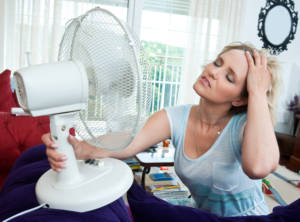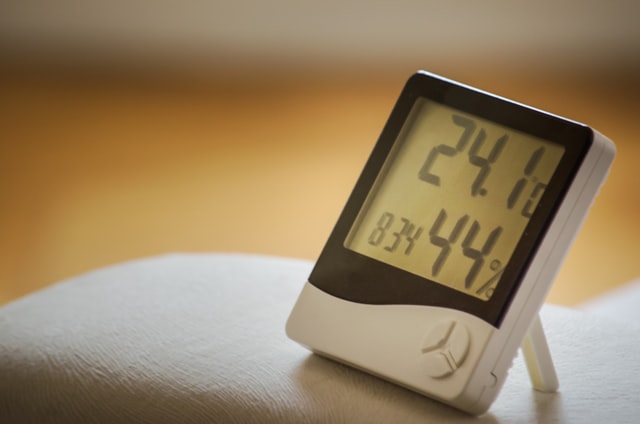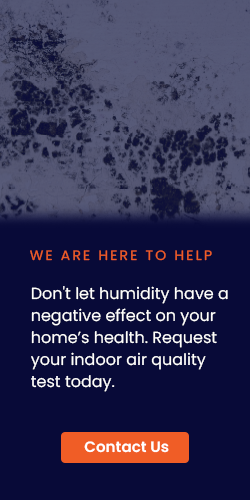The sustained New England humidity during recent months can seem unbearable. Temperatures feel hotter. We tire easily. Muggy air can make every breath a struggle. You’re not imagining these things. Humidity can take a harsh toll on the body, even to point of overheating. But the direct effects on our bodies are only part of the damage that humidity creates on our health.

Unspoken dangers like mold can leave a lingering impact long after humidity abates, and homeowners should know how to combat it to maintain their health.
Extended Health Effects of New England Humidity
New England experiences its fair share of humid days, but this summer has seen an unusual spike. While you might be happy to see cooler weather arrive, you should know that the impact humidity has on your home (and ultimately your health) will stick around longer than the high temperatures.
How New England Humidity Affects Your Home…
The humidity outside affects the humidity in your home. Every time you open a door or window, your indoor climate is impacted.
When humidity rises, so does the moisture content in the air. Excess moisture can gather in cracks and crevices under carpet, behind tile, inside wooden furniture and fixtures, inside your walls, and other hard to clean places. It becomes trapped with no easy way to evaporate and creates an ideal breeding ground for mold and mildew.
…And Your Health
Poor Indoor Air Quality Causes Headaches
It’s no secret that mildew and mold are hazardous to your health. The problem is that when moisture collects out of sight, homeowners have no idea that these harmful components are lurking in their homes.
When left undetected, mold and mildew in your home can contribute to allergies, skin and eye irritation, and respiratory issues. But since the culprits are usually unseen, your home could be making you sick without you realizing it.

The only way to know for sure is to have your indoor environment professionally tested. You can also check your home’s humidity level to see if your home might at risk for mold growth. The higher the humidity, the stronger chance of experiencing problems with mold or mildew.
How to Defend Your Home Against New England Humidity
While you can’t control the weather, it’s important to keep your home humidity in check to benefit your health and the life expectancy of your home. Dehumidify basement sections and crawl spaces (under 50% humidity is ideal). If possible, air condition these areas to lower temperatures, which will also lower humidity levels. Be sure to clean your air ducts and inside wall or window air conditioning units. Moisture can linger in air conditioning systems and provide an ideal place for mold to thrive. Ideally, you should opt for hard flooring in lieu of carpet. Moisture can become trapped under carpet and lead to undetected mold growth. Replacing carpet with a hard floor offers mold and moisture resistance for a cleaner home environment. You can purchase an inexpensive humidity gauge, so you’ll know when you’ve created an ideal level of humidity.
How to Improve Your Indoor Environment
Every home is unique, especially when it comes to the different challenges and obstacles that affect your home’s cleanliness and air quality. Monitoring your humidity is part of the best defense to protect your investment – and your loved ones.
Dangers of a Whole House Humidifier
Is humidity already taking a negative effect on your home’s health? Our team specializes in testing indoor air quality and helping our clients improve the health of their environment. Let’s talk today about what you can do to maintain a safe, happy home.






